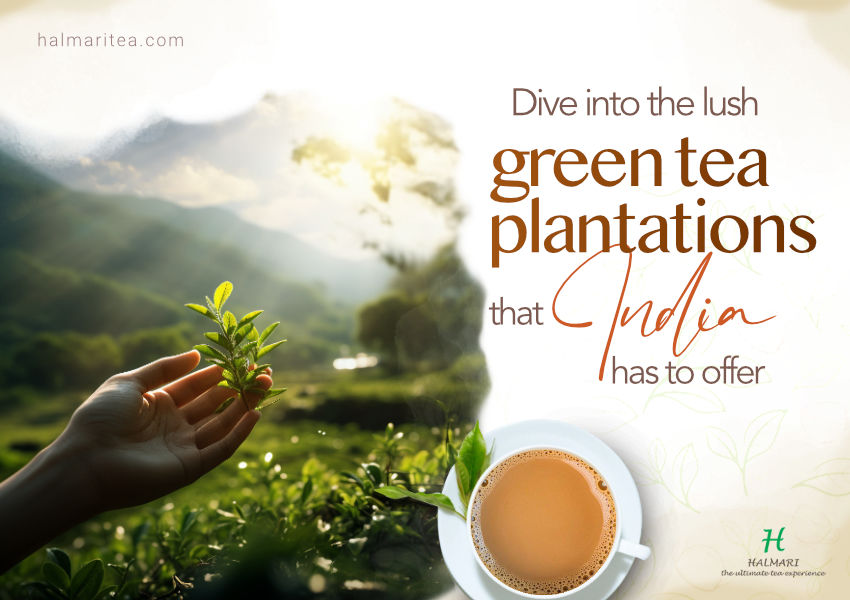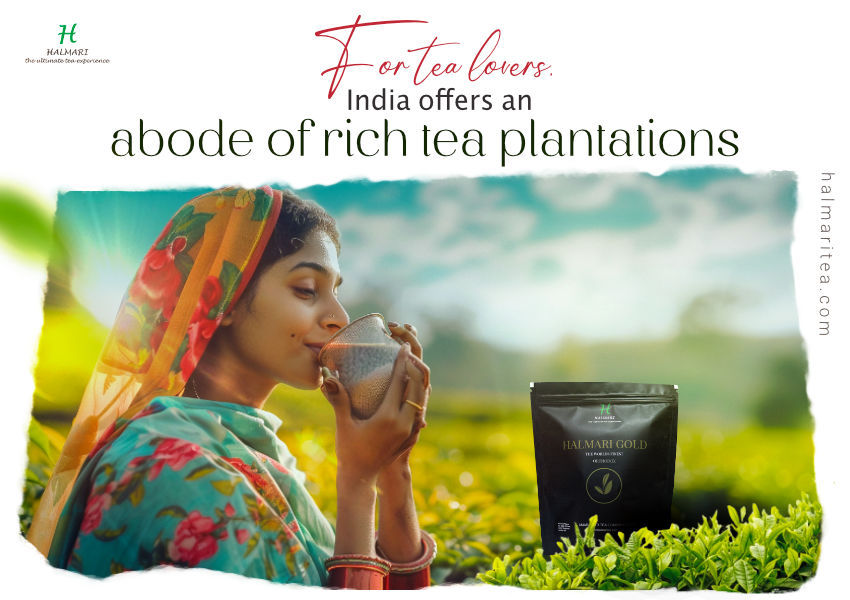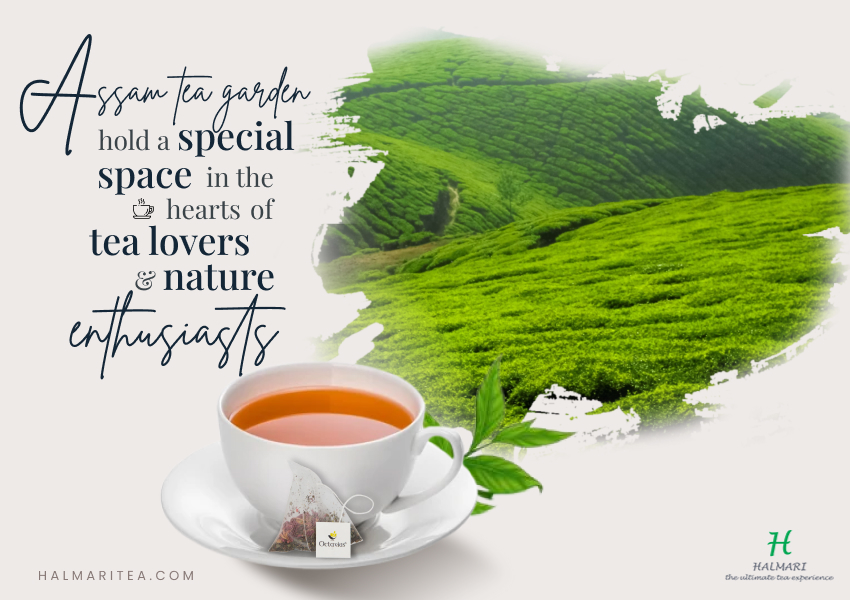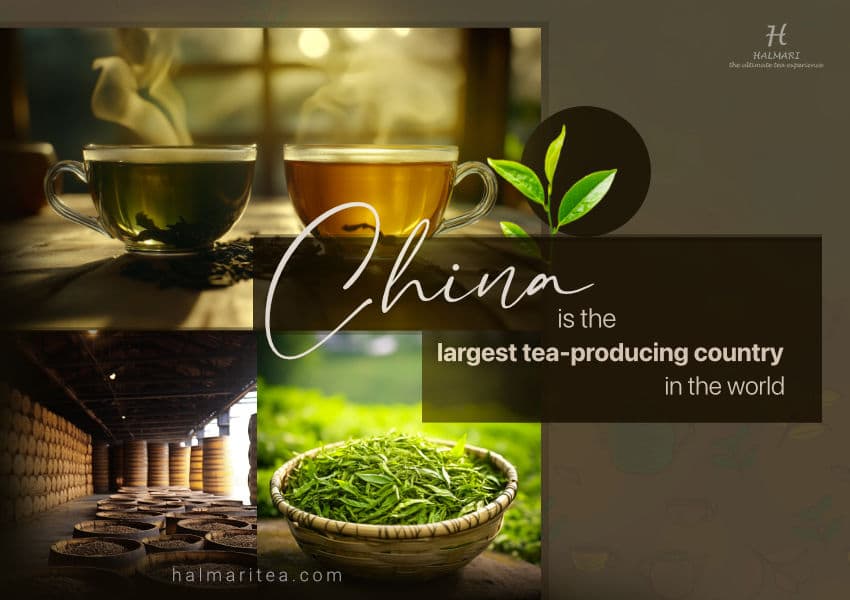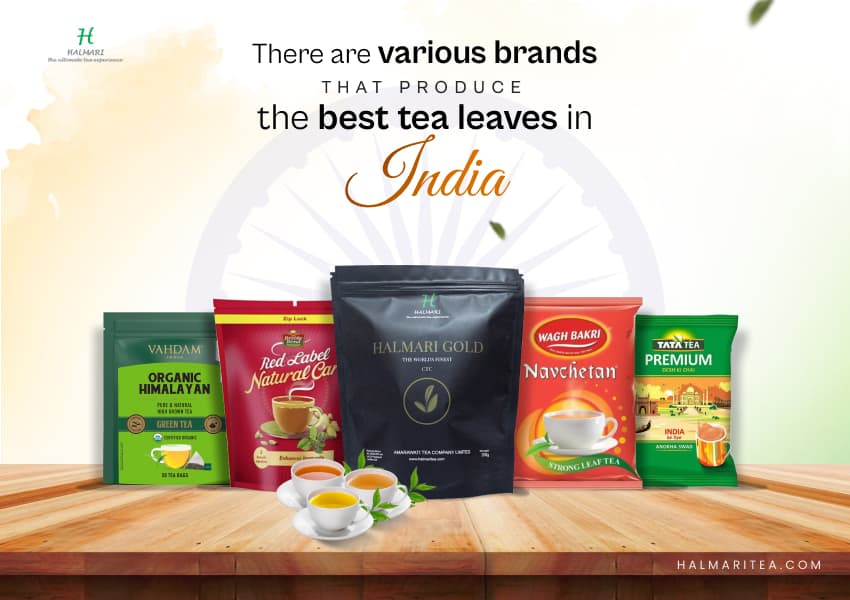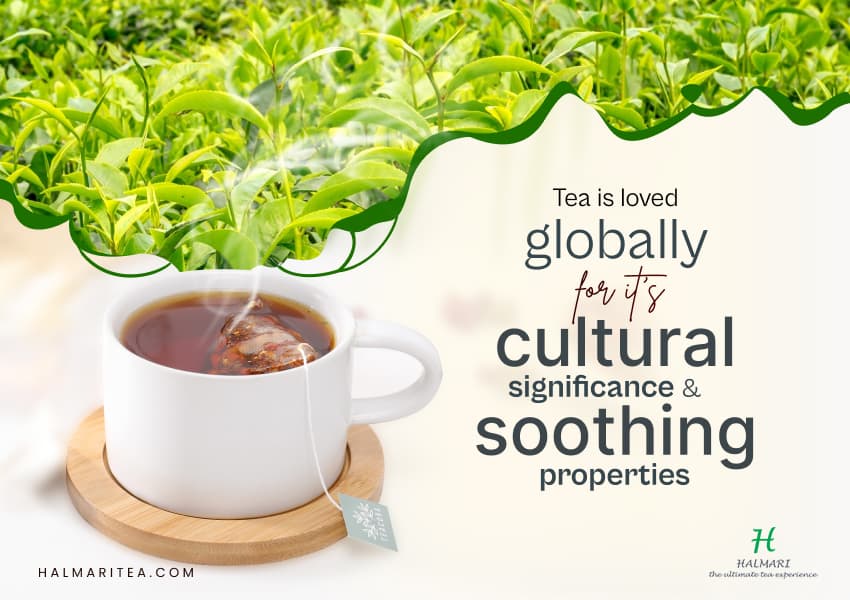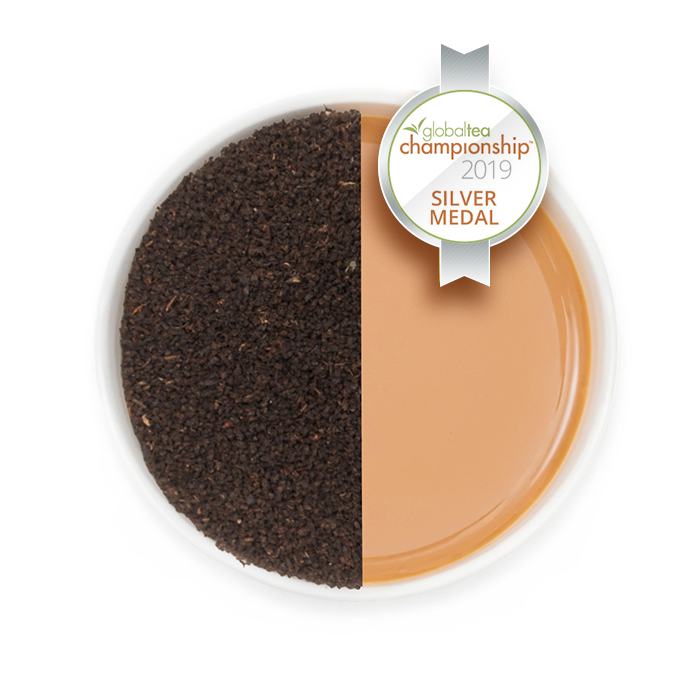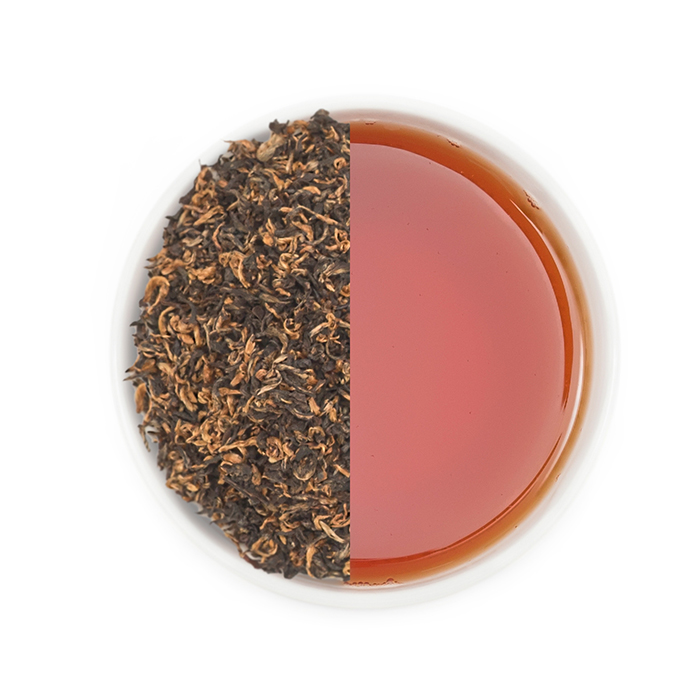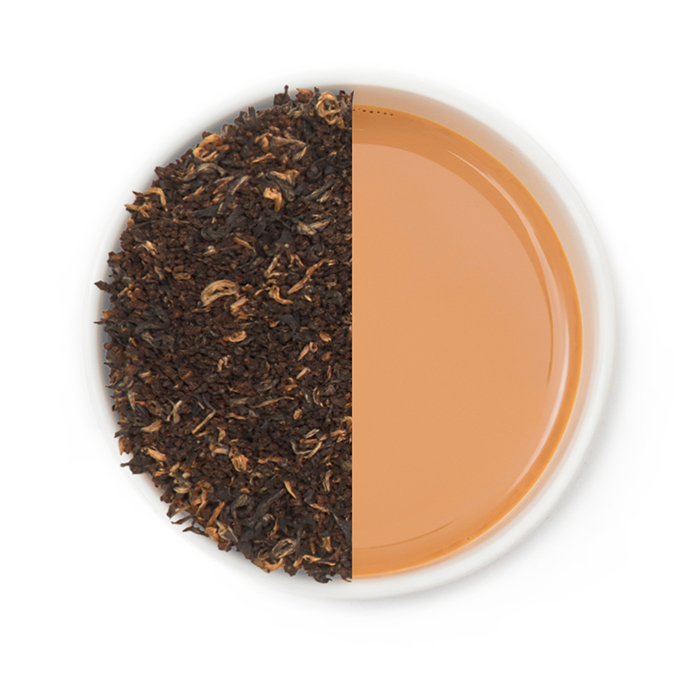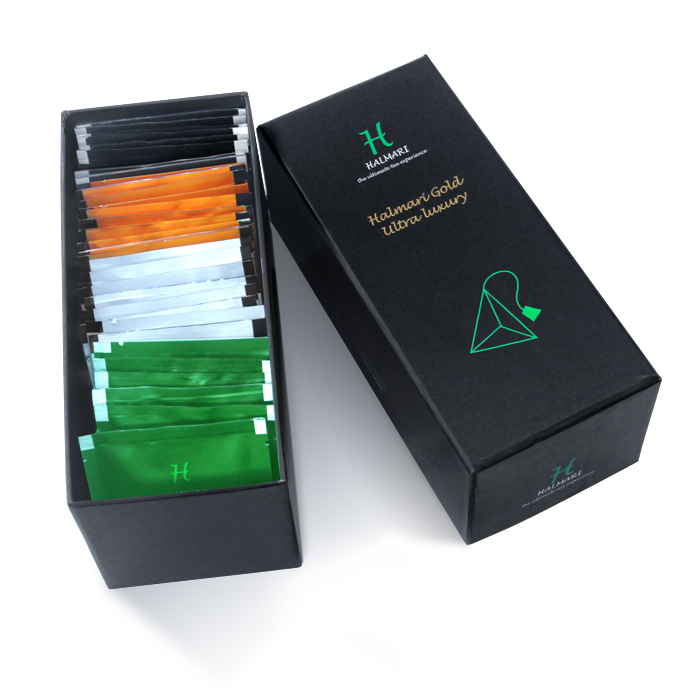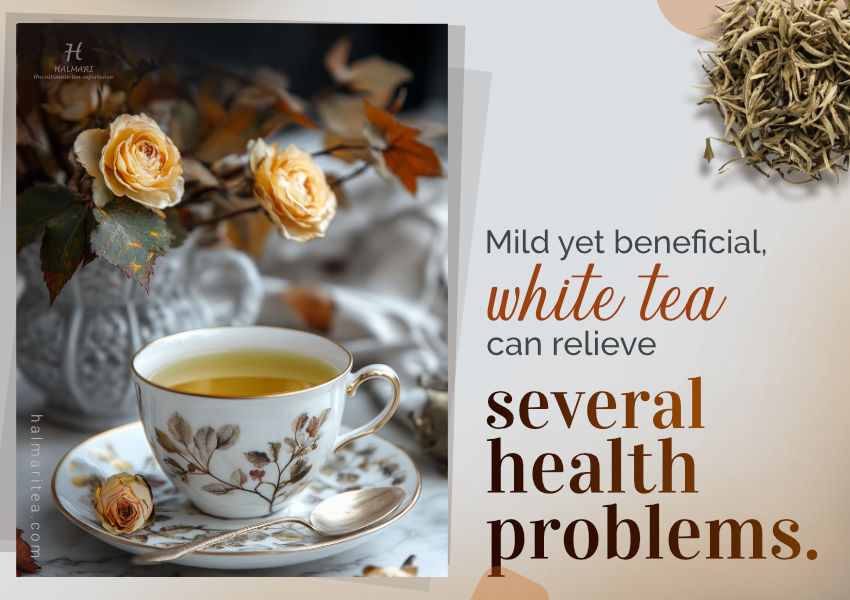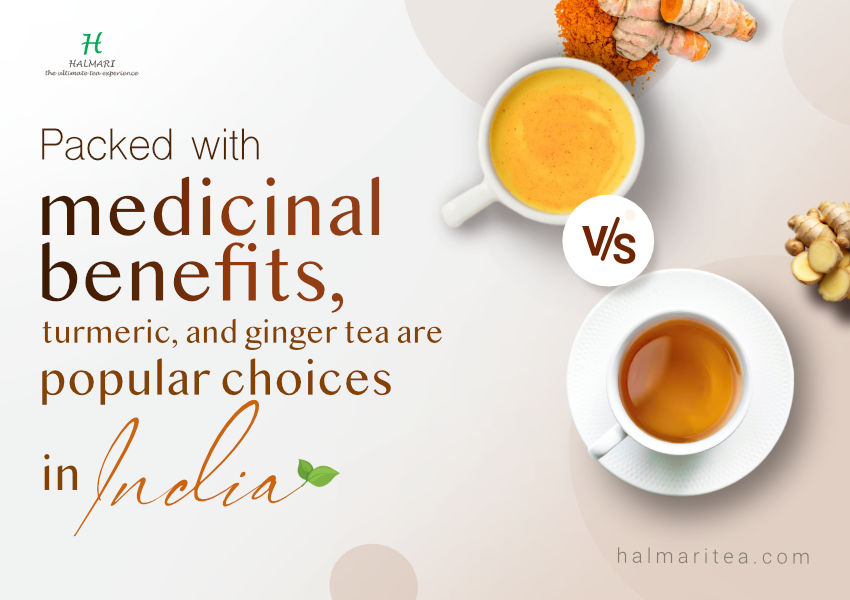India, renowned for its rich cultural heritage and diverse landscapes, is also a major player in the global tea industry. With a history of tea cultivation dating back to the early 19th century, the country boasts numerous tea plantations that produce some of the world’s finest teas. This blog explores the number of tea plantations in India and an overview of the best ones in this industry.
Number of Tea Plantations in India
India has thousands of tea plantations spread across its tea-growing regions. As per reports, the number of established tea gardens in India is 1585. From small family-owned tea gardens to major companies managing larger estates, these tea gardens come in a variety of sizes. The vast number of tea plantations highlights the significance of tea cultivation to the Indian economy and its role in providing employment to millions of people.
The Best Tea Plantations in India
While there are numerous tea plantations in India, some stand out due to their historical significance, quality of tea produced, and unique practices. Here are some of the best tea plantations in India.
1. Halmari Tea Estate, Assam
Located in the lush tea-growing region of Assam, Halmari Tea Estate is renowned for producing some of the finest teas in the world. Established in 1913, Halmari has consistently set benchmarks in quality and innovation. The estate spans over 534 hectares and is known for its Assam Orthodox and CTC (Crush, Tear, Curl) teas, among various other types of teas.
Halmari Tea is celebrated for its rich, robust flavor and bright liquor, making it a favorite among tea connoisseurs. The estate’s commitment to quality is evident in its meticulous plucking and processing methods, ensuring that only the best leaves are used to produce their teas. Halmari Tea has won numerous accolades, including the prestigious Global Tea Championship in the years 2017, 2018 and 2019.
2. Makaibari Tea Estate, Darjeeling
Makaibari Tea Estate, located in the picturesque hills of Darjeeling, is one of the oldest tea gardens in India. Established in 1859, it is known for its exquisite Darjeeling tea, often referred to as the “Champagne of Teas.” Makaibari is a pioneer in organic and biodynamic farming, making it a model for sustainable tea cultivation.
The estate produces a variety of teas, including black, green, and oolong, each with a unique flavor profile. The combination of altitude, climate, and soil in Darjeeling gives Makaibari teas their distinctive muscatel flavor and floral aroma. Makaibari Tea Estate’s commitment to environmental conservation and community welfare further enhances its reputation.
3. Glenburn Tea Estate, Darjeeling
Glenburn Tea Estate, situated in the Darjeeling hills, offers not only exceptional tea but also a luxurious experience for visitors. Established in 1859 by a Scottish tea company, Glenburn is known for its scenic beauty and high-quality Darjeeling tea. The estate produces a range of teas, including black, green, and white teas.
Glenburn Tea Estate’s commitment to quality is reflected in its careful meticulous plucking techniques. The teas are known for their delicate flavors, floral notes, and bright, golden liquor. In addition to producing world-class tea, Glenburn offers a boutique hotel experience, allowing visitors to immerse themselves in the beauty of the estate while enjoying tea-tasting sessions.
4. Ambootia Tea Estate, Darjeeling
Ambootia Tea Estate, located in the Kurseong region of Darjeeling, is known for its organic and biodynamic tea cultivation practices. Established between 1859 and 1864, Ambootia has a rich history and a strong commitment to sustainability. The estate produces a variety of Darjeeling teas, premium first flush, and second flush black teas.
Ambootia teas are prized for their unique flavors, which include floral, sweet, and toasty notes. The estate’s dedication to organic farming ensures that the teas are free from synthetic chemicals, making them a healthier choice for consumers. Ambootia Tea Estate has received numerous awards for its high-quality teas and sustainable practices.
5. Nilgiri Tea Plantations, Tamil Nadu
The Nilgiri region in Tamil Nadu is another prominent tea-growing area in India, known for its unique climate and high-quality teas. Nilgiri tea plantations are spread across the Blue Mountains and produce a range of black and oolong teas. The teas from this region are known for their bright color, robust flavor, and aromatic fragrance.
Nilgiri teas are often used in blends and are popular for their versatility. The high elevation and cool climate of the Nilgiri hills contribute to the distinctive characteristics of the tea. Some of the well-known estates in this region include Glendale, Highfield, and Tiger Hill plantations.
6. Jorhat Tea Bungalows, Assam
Jorhat, often referred to as the “Tea Capital of the World,” is home to several prestigious tea estates and bungalows. The tea plantations in Jorhat are known for their rich history and tradition of producing high-quality Assam teas. These teas are characterized by their strong, malty flavor and vibrant color.
Many tea estates in Jorhat offer bungalow stays, providing visitors with a unique opportunity to experience life on a tea plantation. These bungalows, mostly built during the British colonial era, offer a glimpse into the region’s history and culture. Jorhat also boasts Tocklai Tea Research Institute which is one of the oldest tea research centers in the world.
7. Happy Valley Tea Estate, Darjeeling
Happy Valley Tea Estate, located in Darjeeling, is one of the highest tea plantations in the world. Established in 1854, it is known for its scenic beauty and high-quality Darjeeling tea. The estate produces a variety of teas, but their first flush and second flush teas are highly loved by people across the world.
The high altitude and cool climate of Happy Valley contribute to the distinctive characteristics of its teas, which are known for their floral aroma and muscatel flavor. The estate offers guided tours, allowing visitors to learn about the tea-making process and enjoy tea-tasting sessions. Happy Valley Tea Estate is a must-visit for tea enthusiasts and tourists alike.
8. Chamong Tea Estate, Darjeeling
Chamong Tea Estate, located in the serene hills of Darjeeling, is known for its organic tea cultivation and high-quality Darjeeling teas and Assam teas. Spreading over 900 acres of verdant green land, this tea estate harbors the finest teas while maintaining international production and sustainability standards.
Chamong teas are celebrated for their unique flavors, which include aromatic, floral, and brisk notes. The estate’s dedication to organic farming ensures that the teas are free from synthetic chemicals, making them a healthier choice for consumers. Chamong Tea Estate has received acclamations and certifications like Jaivir Bharat, Fair Trade, and India Organic for their high-quality teas.
9. Kolukkumalai Tea Estate, Tamil Nadu
Kolukkumalai Tea Estate, located in the Western Ghats of Tamil Nadu, is renowned for being the highest tea plantation in the world. Established in the early 20th century, Kolukkumalai is known for its unique orthodox tea and breathtaking views. The estate produces a range of teas, including black, green, and white teas.
The high elevation and cool climate of Kolukkumalai contribute to the distinctive characteristics of its teas, which are known for their rich flavor and enchanting aroma. The estate offers guided tours, allowing visitors to learn about the traditional tea-making process and enjoy the scenic beauty of the region. Kolukkumalai Tea Estate is a must-visit for tea enthusiasts and adventure seekers.
10. Poabs Organic Estates, Kerala
Poabs Organic Estates, located in the Nelliyampathy hills of Kerala, is known for its organic tea cultivation and commitment to sustainability. Established in the 1990s, Poabs has quickly gained a reputation for producing high-quality teas using organic and biodynamic farming methods. Poabs estates produce a variety of tea, coffee, and spices. Their orthodox and CTC black teas and green teas are worthy of mention.
Presenting an invigorating aroma with a touch of briskness, the teas of Poabs refresh the mind and soul.
Conclusion
India’s tea industry is a testament to the country’s rich history, diverse culture, and commitment to quality. With thousands of tea plantations spread across its tea estates, India continues to be a major player in the global tea market.
Whether you are a tea enthusiast or a casual drinker, exploring the tea plantations of India offers a unique opportunity to experience the country’s rich tea heritage, learn about the intricate process of tea production, and enjoy some of the finest teas available.
